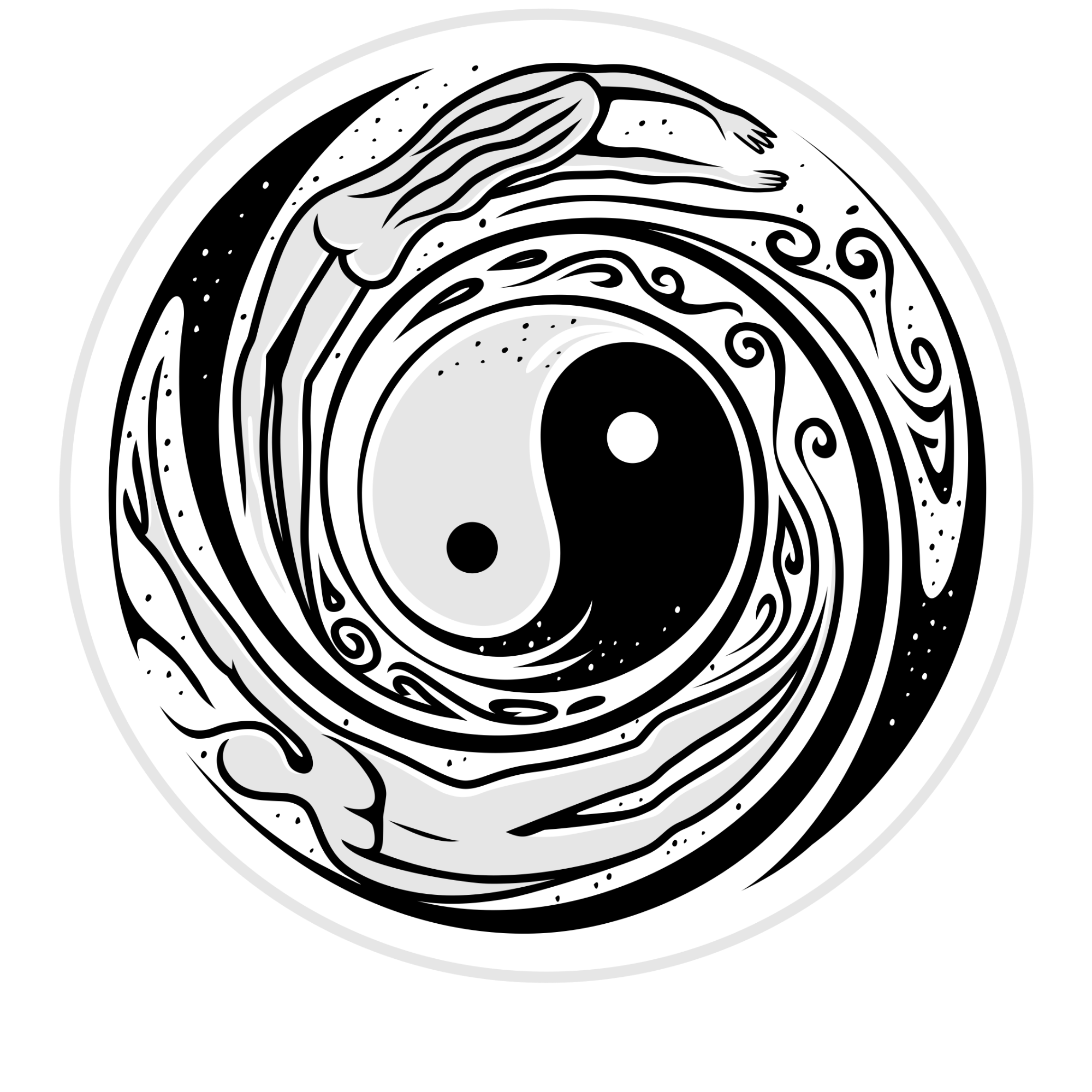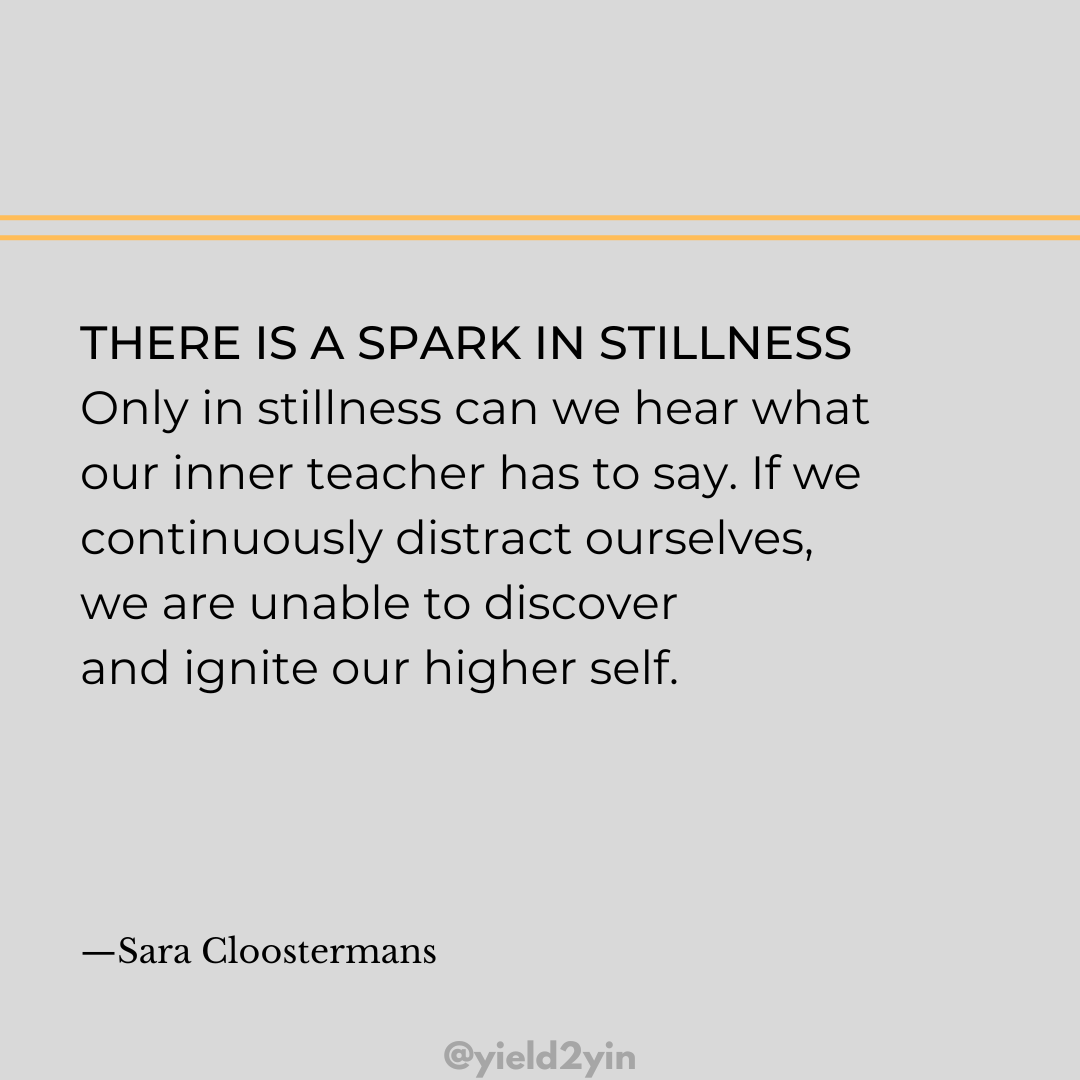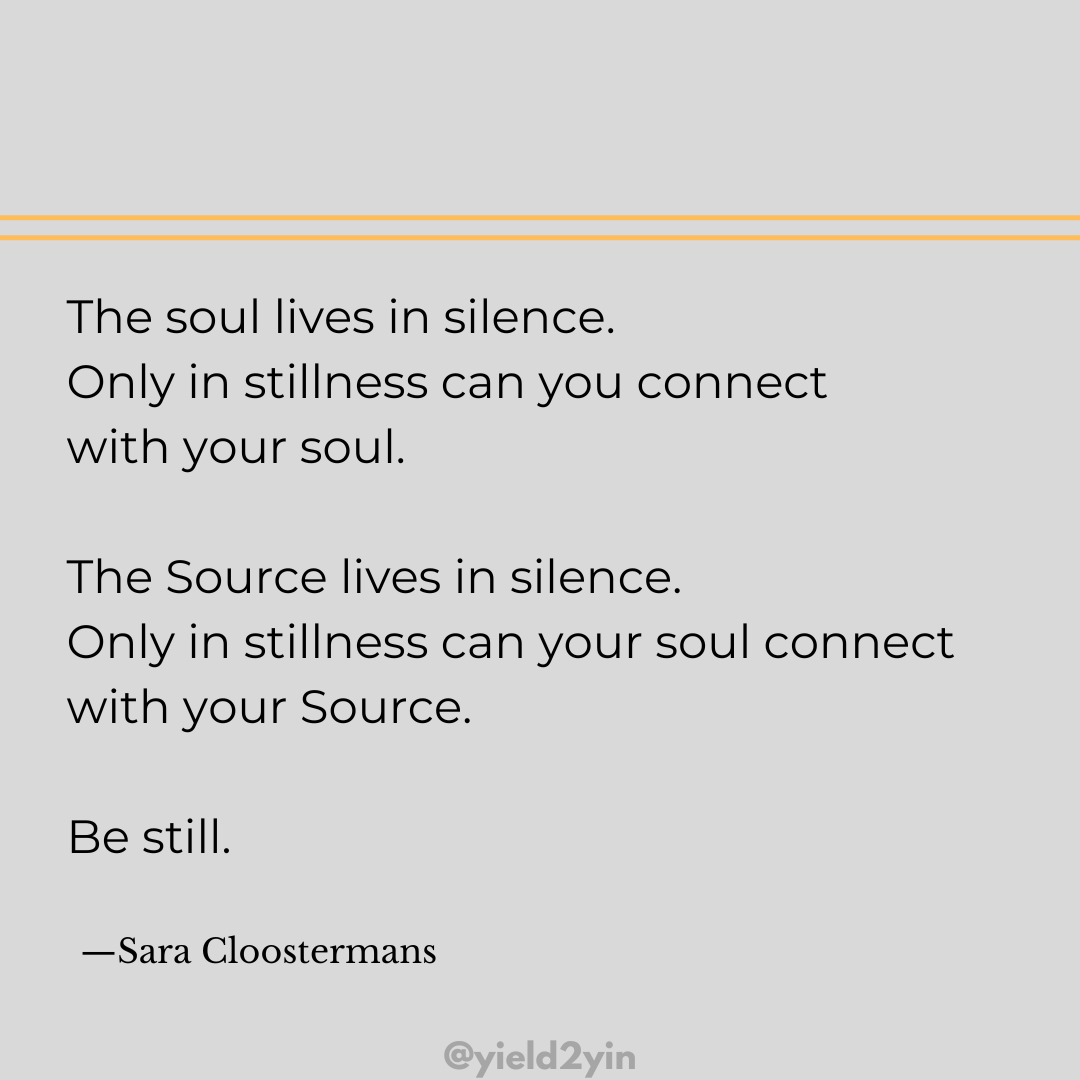We all have unwanted, negative thoughts. Sad thoughts, angering thoughts, critical thoughts, scary thoughts. When you experience them frequently enough, it can feel distressing.
- Why am I thinking this?
- Why can’t I just be more positive?
- Is there something wrong with me?
The problem is not that you are distressed by negative thoughts. In fact, that’s actually what you want to feel. Sound confusing?
We are going to look at why feeling distressed about negative thoughts is a good thing. But don’t worry. We won’t linger in the distress. We’re also going to talk about ways to cope with negative thoughts.
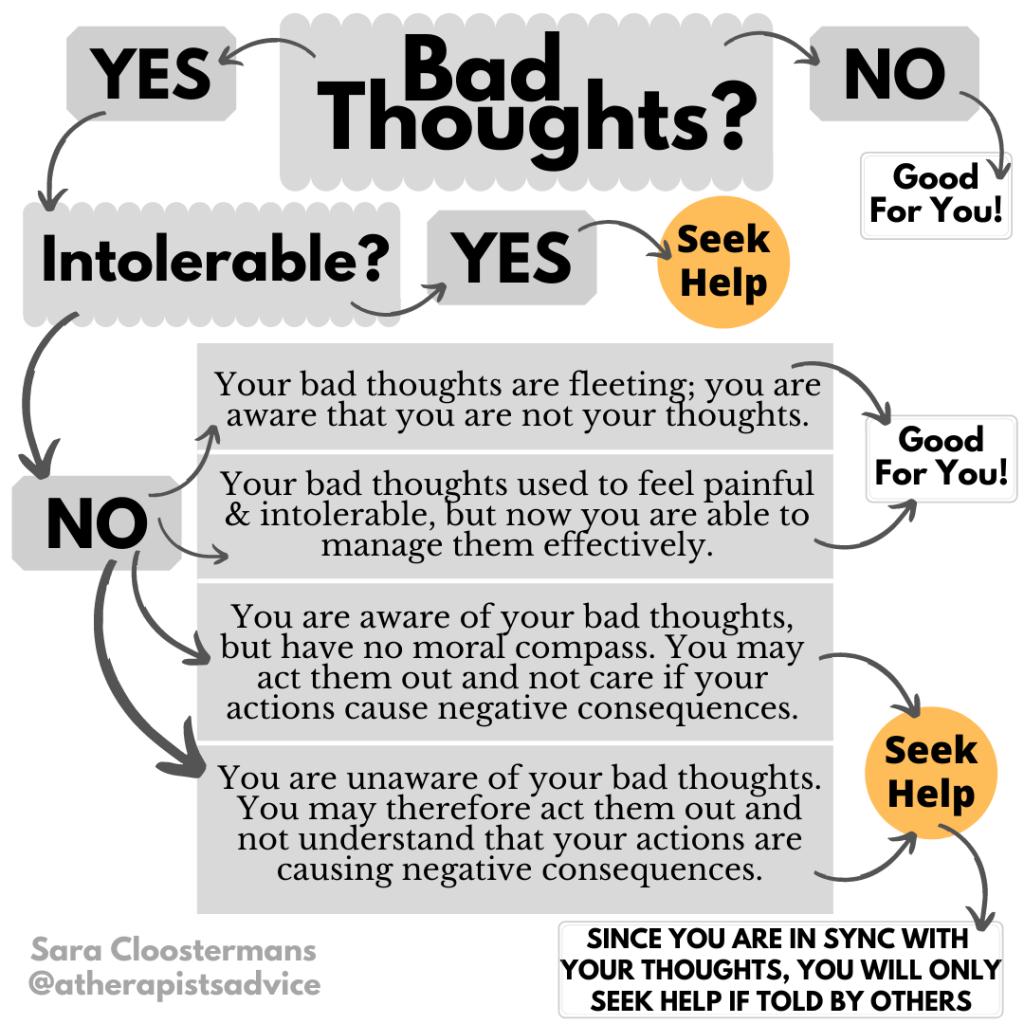
Understanding Ego-Dystonic vs Ego-Syntonic
We are going to dive deeper into some psychoanalytic theory to better understand this concept more easily.
The more intense and frequent your negative thoughts are and the longer they last, the more distress they can cause in your life… hopefully! In psychology, we call this “ego-dystonic.”
Ego-dystonic: “In psychoanalytic theory, describing impulses, wishes, or thoughts that are unacceptable or repugnant to the ego or self. Also called ego-alien.”
For example, if the idea of actually harming somebody else feels horrible and unacceptable to you, that is a good thing. Because harming somebody is horrible and unacceptable.
If negative thoughts left you feeling indifferent, or worse, if they left you feeling in harmony with these thoughts—meaning that you would either not realize or not care that they were bad—we would be dealing with a much bigger set of problems, don’t you think? Think of the Jeffrey Epsteins and Harvey Weinsteins of the world. In psychology, we call this “ego-syntonic.”
Ego-syntonic: “Compatible with the ego or conscious self-concept. Thoughts, wishes, impulses, and behavior are said to be ego-syntonic when they form no threat to the ego and can be acted upon without interference from the superego.”
In this case, the idea of actually harming somebody may feel normal or even good.
Understanding Ego, Id, and Superego
To better understand the concepts of ego-dystonic and ego-syntonic, I also think we should understand Ego, Id, and Superego. These are the three parts of human personality described in Sigmund Freud’s psychoanalytic theory:
- Ego = Reality principle, partially conscious, negotiator between the two opposing forces id and superego
- Id = Pleasure principle, unconscious, primitive, instinctual
- Superego = Morality principle, unconscious, judgmental, self-critical
Think of a baby when you think of id. This part of the human personality is only concerned about wants and needs without any thought to the wants or needs of other beings existing on the same planet.
Think of a wise old sage when you think of superego. This part of the human personality knows right from wrong. It sees the ideal and regulates decisions to meet that ideal.
Think of the ego as the manager of the id and superego.
The further our id and superego are apart, the higher our internal conflict. If our id wants to drink to numbness every day and then get in a car to drive home, but is out of touch with the superego that suggests driving home sober and working through the problems that lead to wanting to blackout, the ego would be conflicted. On the other hand, the closer they are together, the more internal balance we experience.
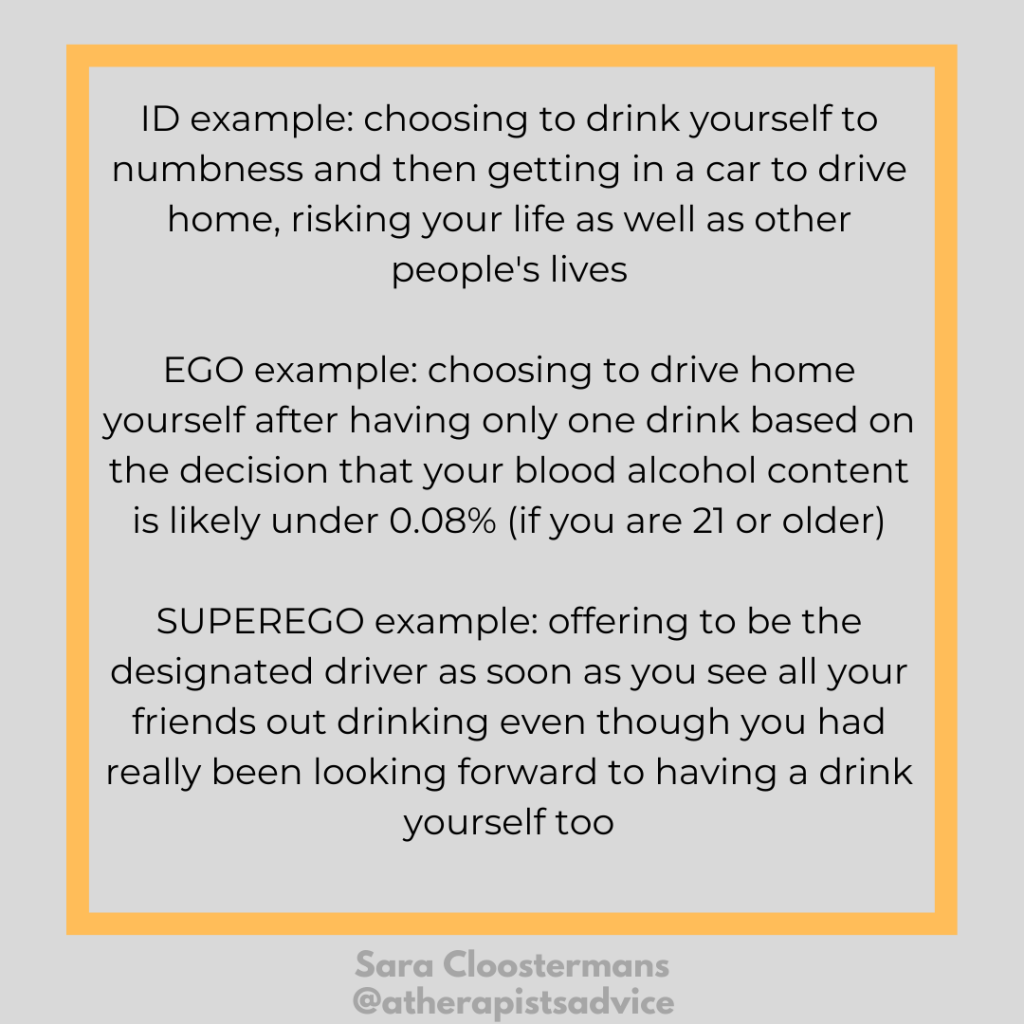
My point is that it is a good thing to feel distressed when you have bad thoughts. Therefore, my goal is not to tell you to not feel distressed when you have intrusive thoughts.
But you also shouldn’t go through your entire day distressed. So what’s the solution?
The goal is to have coping skills that deal with the distress appropriately and effectively.
As a result, you will be able to tolerate the distress better and, once you know how to do that, there is a bonus: your unwanted thoughts will likely decrease. You may have noticed that in life, once you have mastered an issue pertaining to personal growth, there is no reason for this same issue to keep showing up.
And even if it does, you will no longer consider it a problem, since you now have the know-how to solve it.
How To Cope With Negative Thoughts
Recognizing that you feel distressed about a thought is a huge step in finding relief. Your distress is like a little flag waving in your brain, offering you the opportunity to pay attention. Here are some steps to take to cope with distressing thoughts:
- Evaluate Your Thoughts. Get curious and figure out exactly what you’re thinking. Check out my blog post “How To Evaluate Unwanted Thoughts (And Why You Should)” to help you.
- Reframe Your Thoughts. You have the power to kick your negative thoughts to the curb and replace them with kinder, friendlier alternatives. I go into detail on this in my blog post “Learn How To Reframe Your Thoughts.”
- Seek Help. If you’re finding you’re experiencing unwanted thoughts and the distress that comes along with them more than you would like to, talking to a therapist can be such a great help.
Yield2Yin
- Healing Card Deck: A Therapist’s Advice 55-Card Healing Deck by Sara Cloostermans
- Book Recommendation: Good Moms Have Scary Thoughts: A Healing Guide to the Secret Fears of New Mothers by Karen Kleiman (Author), Molly McIntyre (Illustrator)
- Mantra: I AM PEACE // repeat with diaphragmatic breathing
- Yin Yoga Asana: Snail Pose
This page includes Amazon Associate affiliate links, which means I may earn a small commission at no cost to you if you purchase a product I suggest. I only recommend products I believe in. Learn more HERE.
